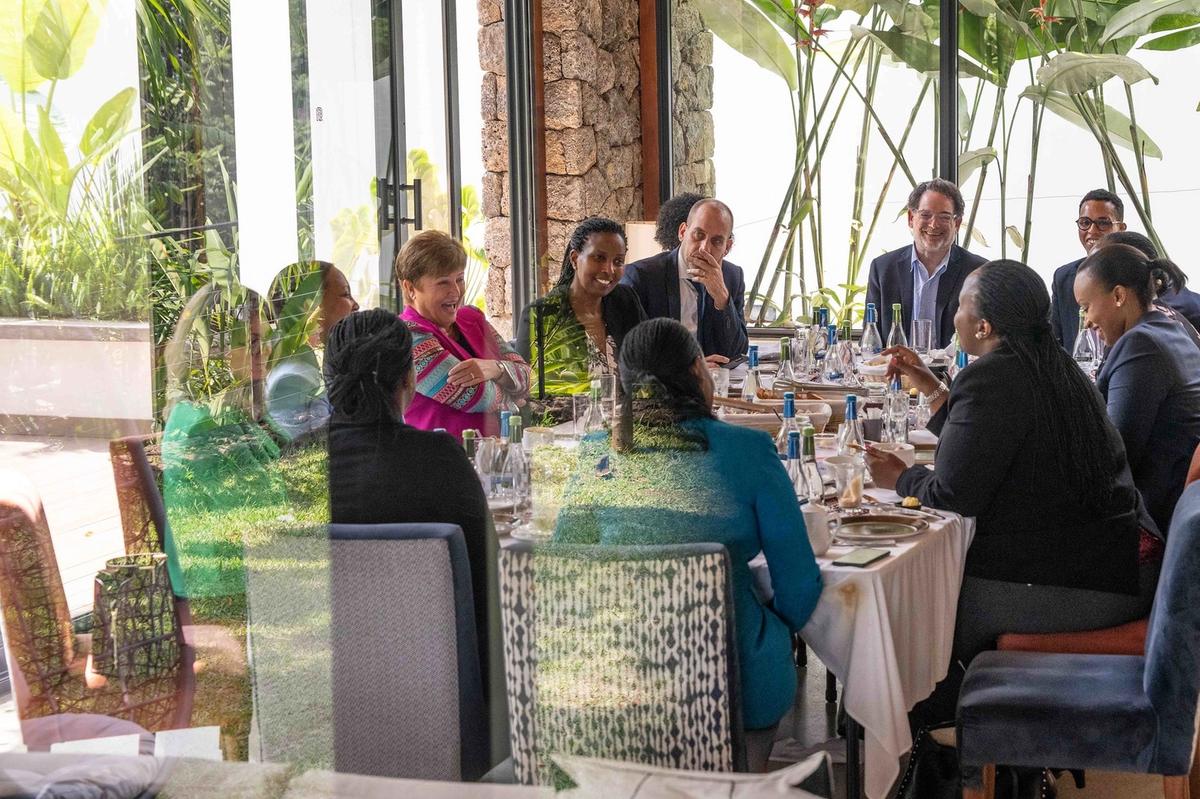
Rwanda
About the IMF
The International Monetary Fund (IMF) is an organization of 190 countries working to promote international monetary cooperation, facilitate international trade, contribute to high levels of employment and real income, promote exchange stability, and help member countries address balance of payments imbalances. The IMF seeks to ensure the stability of the international monetary system: the system of exchange rates and international payments that enables countries and their citizens to transact with one another. All IMF member countries are represented on its Executive Board, which discusses the national, regional, and global consequences of each member’s economic policies, approves IMF financing to help member countries, and oversees the IMF’s capacity development efforts. This Annual Report covers the activities of the Executive Board, IMF management, and the IMF staff during the financial year May 1, 2022, through April 30, 2023, unless noted otherwise. The contents reflect the views and policy discussions of the IMF Executive Board, which has actively participated in the preparation of this Annual Report.
On April 28, 2023, the SDR/US dollar exchange rate was
US $1 = SDR 0.742386
the US dollar/SDR exchange rate was
SDR 1 = US $1.34701
The IMF’s financial year (FY) is May 1 through April 30. The analysis and policy considerations expressed in this publication are those of the IMF Executive Directors. The IMF’s unit of account is the special drawing right (SDR); conversions of IMF financial data to US dollars are approximate and provided for convenience. On April 28, 2023, the SDR/US dollar exchange rate was US$1 = SDR 0.742386, and the US dollar/SDR exchange rate was SDR 1 = US$1.34701. The year-earlier rates (April 29, 2022) were US$1 = SDR 0.743880 and SDR 1 = US$1.34430. “Billion” means a thousand million; “trillion” means a thousand billion; minor discrepancies between constituent figures and totals are due to rounding. As used in this Annual Report, the term “country” does not in all cases refer to a territorial entity that is a state as understood by international law and practice. As used here, the term also covers some territorial entities that are not states but for which statistical data are maintained on a separate and independent basis. The boundaries, colors, denominations, and any other information shown on any maps do not imply on the part of the IMF any judgment on the legal status of any territory or any endorsement or acceptance of such boundaries.
As outlined in the Articles of Agreement, the IMF’s charter, the institution works to achieve sustainable growth and prosperity for all its 190 member countries through its three central activities:
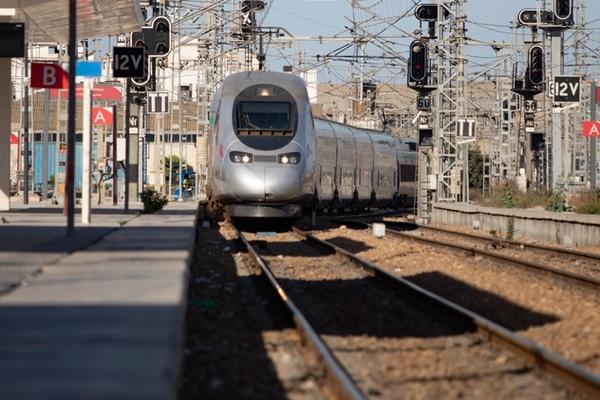
Economic surveillance
126 country health checks
Through surveillance, the IMF monitors the international monetary system, as well as the economic and financial policies of its member countries. As part of this work, carried out at both country and global levels, the IMF highlights possible risks to stability and advises on policy adjustments. Country surveillance includes regular (usually annual) consultations with individual member countries, known as Article IV consultations. Under the FSAP, the IMF also conducts regular in-depth analysis of systemically important financial sectors.
Go to Economic Surveillance
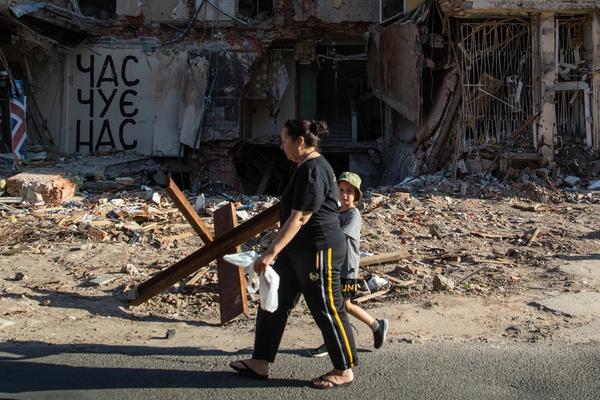
Lending
$74 billion to 36 countries, including about $11 billion to 21 low-income countries, for a total of $294 billion to 96 countries since the start of the pandemic
The IMF provides financing to member countries experiencing actual, potential, or prospective balance-of-payments needs to help them rebuild their international reserves and restore conditions for strong economic growth, while correcting underlying problems. The IMF also provides fast-disbursing emergency financing with limited conditionality—and greatly expanded such financing following the onset of the COVID-19 pandemic.
Go to Lending
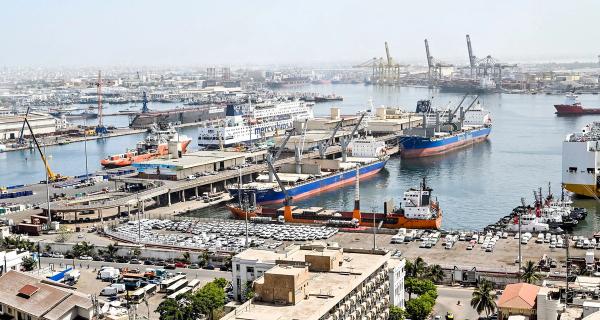
Capacity development
$337 million for hands-on technical advice, policy-oriented training, and peer learning
The IMF works with countries to strengthen their economic institutions by providing technical assistance and training on critical economic issues. This work helps countries strengthen their economies and create more jobs. The IMF shares its knowledge with government institutions such as finance ministries, central banks, statistical agencies, financial supervisory agencies, and revenue administrations through hands-on advice, training, and peer-to-peer learning. IMF CD is delivered in person and remotely by IMF staff members, short-term experts, long-term in-country resident advisors, and advisors at regional CD centers, as well as through classroom training, hands-on workshops and seminars, and free online courses.
Go to Capacity Development
The IMF’s headquarters is in Washington, DC, and its offices around the world aim to promote its global reach and maintain close ties with its members. For more information on the IMF and its member countries, visit www.imf.org.
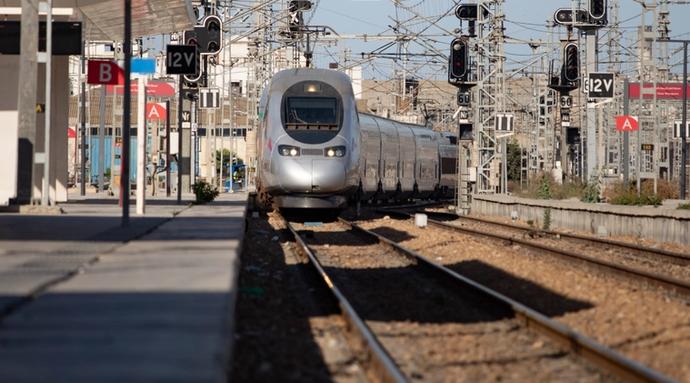
Read Next
Economic Surveillance